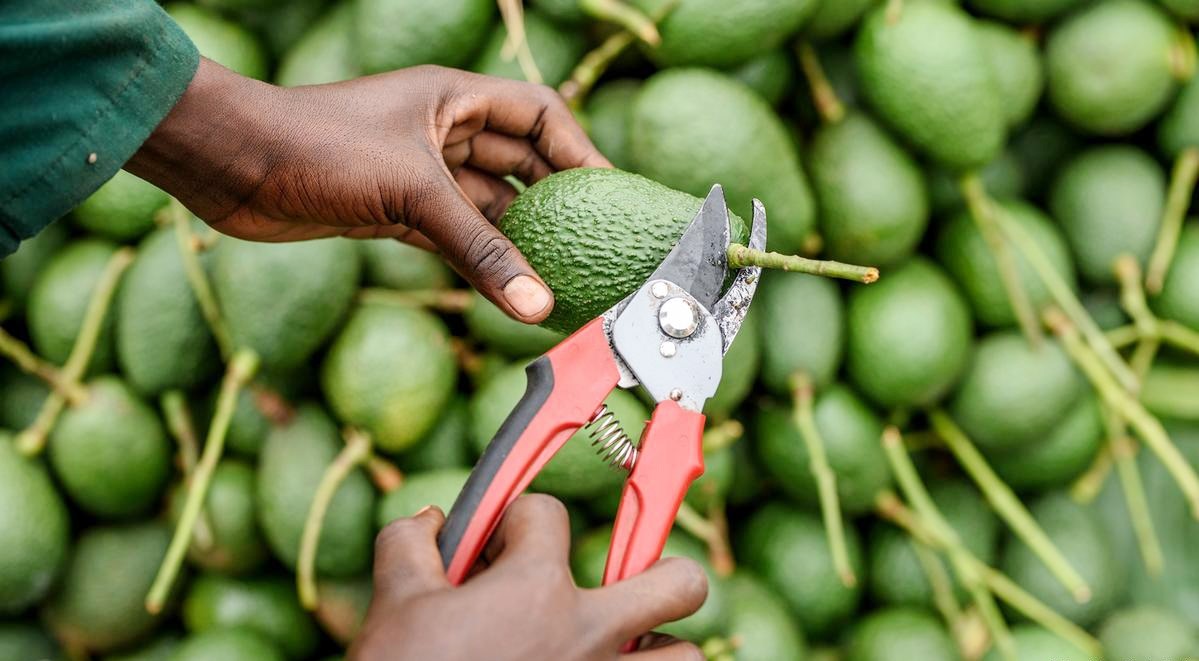BoT to redress dollar crisis in 2024

Souvenir banknotes of 100 US dollars and 50 US dollars. Photo Credit | Getty Images
What you need to know:
- BoT has put up strategies that will ensure access to the dollar in 2024 is improved compared to 2023, that includes guarantees to exporters
Dar es Salaam. The Bank of Tanzania (BoT) has pledged to redress the dollar shortage in 2024, saying it has put in place measures to control the situation.
The measures in place include cautioning exporters to strictly ensure proceeds from exports are remitted within 90 days after trading to guarantee sufficient stock of dollars in circulation.
The Foreign Exchange Regulations, 2022, require that an exporter ensure that proceeds from export are paid within the period of ninety days after the transaction. In some cases, it has taken up to a year.
The BoT governor, Mr Emmanuel Tutuba, told The Citizen that the government will put stringent measures in place to remedy the dollar crisis in 2024, following a serious crisis in 2023.
“We have put up strategies that will ensure access to the dollar in 2024 is improved compared to 2023,” he said.
In May last year, the central bank reported that the country had a foreign currency reserves glut necessitating the government to adopt multifaceted approaches to reverse the situation.
Mr Tutuba noted that, currently, Tanzania has in stock foreign exchange reserves worth $5 billion that can enable importers to import goods and services for the next five months.
“To reduce dollar dependence on imports of commodities that could be locally produced, like palm oil and sunflower oil, the government has developed improved seed varieties to ultimately cut the importation of cooking oil,” he said.
He said the government has also waived tax on solar products to be imported at a lower cost than they were before.
Mr Tutuba said that these measures were put in place to curtail dependency on dollars and address the dollar shortage in the country.
Last year, the government took several proactive measures, which include providing export credit guarantee schemes and increasing exports by supporting local businesses.
“The government developed schemes to guarantee export credits for exports. This means that banks provide loans to traders by making a 50 percent contribution,” he said.
According to him, coffee and tea farmers can access loans and increase their production of the crops locally.
Local producers such as Kilombero Sugar Factory, Kagera Sugar, and Bagamoyo are in the process of expanding their businesses to increase production of sugar and ultimately reduce imports of the commodity.



